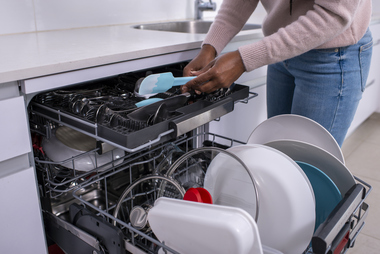Whether you’re buying an existing home, building a new...
Are you ready to make the transition to a...
Did you know that your bedroom could be affecting...
Your kitchen might not be used just for eating...
If you’re thinking of updating, remodeling or repairing your...
Renovation projects can be time-consuming and expensive. Fortunately, they’e...
Staging is a vital tool when selling a property....
Winter is fast approaching, and if you’re a homeowner,...







